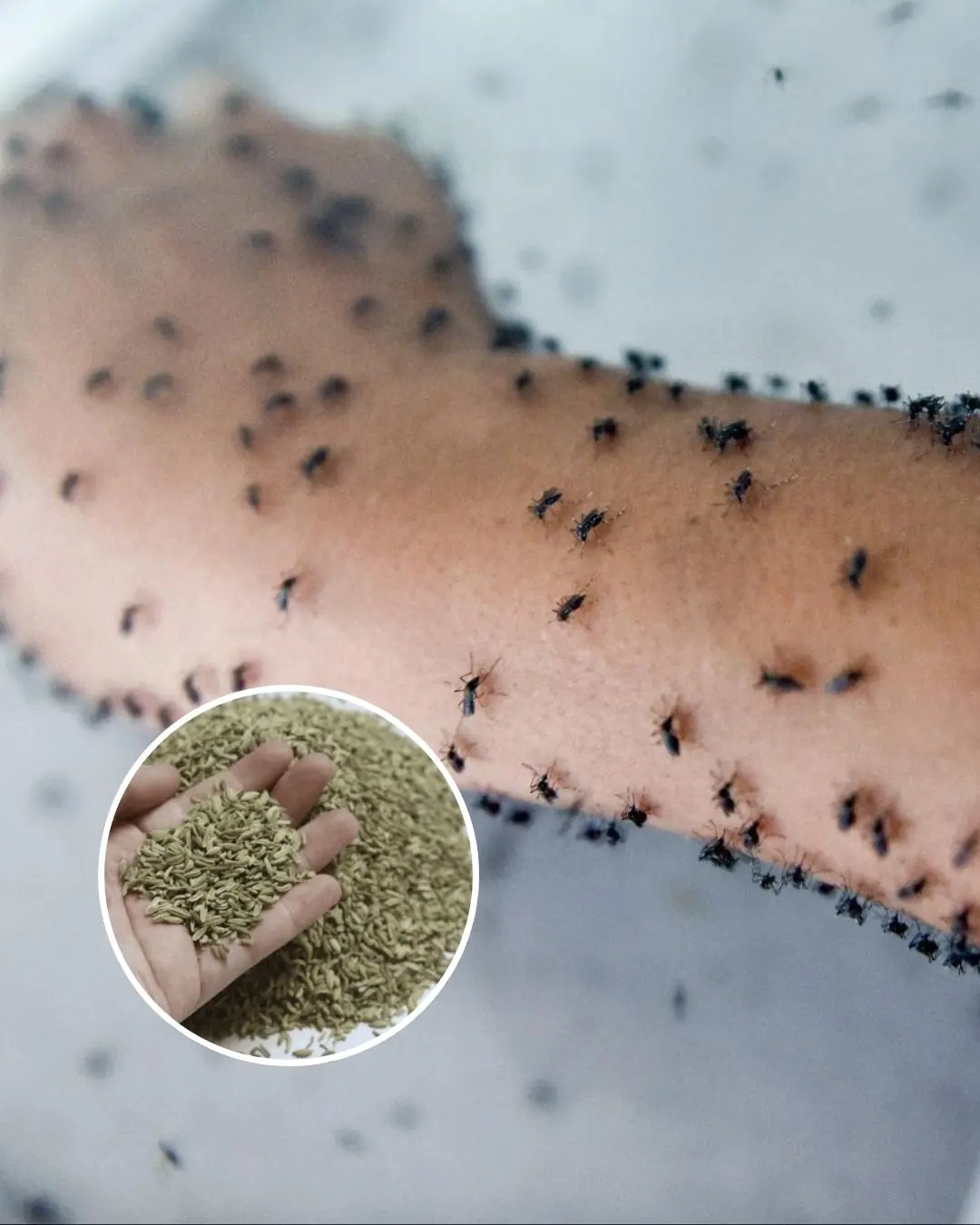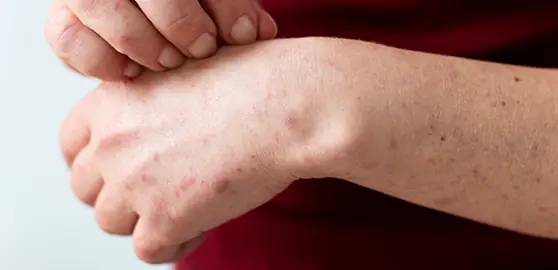
After Surviving 800 Snake Bites, This Man’s Blood Could Be the Universal Antivenom the World’s Been Waiting For
In a world where snake bites claim over 100,000 lives every year—mostly in poor, rural regions—finding a universal antivenom has long been a goal of medical researchers. Surprisingly, the solution may come not from a laboratory, but from the veins of a man who has survived the impossible. Tim Friede, an American snake enthusiast, has voluntarily subjected himself to over 800 venomous snake bites in an effort to build immunity and help science fight back against one of nature’s deadliest threats.
Tim Friede is not a trained scientist. By profession, he is a former truck mechanic. But through two decades of self-experimentation, he has turned himself into something extraordinary: a living medical anomaly. Unlike most people, Friede can survive bites from some of the world’s most dangerous snakes, including cobras, mambas, and taipans. His mission is personal, risky, and arguably heroic—to develop a universal antivenom that could save millions of lives globally.
Snake venom is complex and varies greatly between species. This diversity makes it nearly impossible to create a single antivenom that works for all snake bites. Currently, antivenoms are species-specific and must be administered quickly, often in hospitals that are far from where most bites occur. As a result, many victims die before they can even receive help. Friede's blood, rich with antibodies from repeated exposure, might hold the key to a broader solution.
By repeatedly injecting himself with small, controlled doses of venom, Friede has trained his immune system to recognize and neutralize a wide variety of snake toxins. Blood samples from him have been studied by researchers and biotech companies who believe that his unique antibodies could serve as the foundation for a universal antivenom. If successful, this could revolutionize treatment and dramatically reduce the global death toll from snake bites.
However, Friede's journey has not been without consequence. He has experienced extreme pain, life-threatening reactions, and even near-death experiences during his experiments. Critics have labeled him reckless and irresponsible. Others have questioned the ethics of using human self-experimentation in science. But despite the controversy, Friede remains committed to his cause. “If I have to suffer to save others, I’m okay with that,” he has stated in interviews.
Researchers are now working to isolate and replicate the antibodies found in his blood. Using modern techniques such as monoclonal antibody development, it may be possible to synthetically reproduce his immune response in a lab setting—without needing to rely on dangerous live snake venom extraction or the immunization of horses, which is how traditional antivenom is currently made.
The promise of a universal antivenom isn't just a scientific breakthrough—it’s a humanitarian one. Snake bites disproportionately affect people in developing countries, where access to proper healthcare is limited. A low-cost, easily distributed antivenom could save thousands of lives and prevent permanent disabilities caused by untreated venom exposure.
In conclusion, Tim Friede’s unconventional journey from snakebite victim to potential lifesaver offers both hope and inspiration. Though his methods are extreme, the results may hold the answer to one of medicine’s most persistent challenges. As researchers continue to analyze the power of his blood, the world may soon have access to a universal antivenom—thanks to the determination, sacrifice, and resilience of one man who chose to face danger, again and again, in the name of science.
News in the same category


10 Warning Signs It’s Time to Cut Back on Caffeine

“Cases Are Exploding”: Living Near a Golf Course May Raise Your Risk of Parkinson’s, Study Warns

You’ll never see mosquitoes again if you do this

What to Eat to Boost Energy After 60: Key Foods for Vitality and Well-being.

8 Foods That Help Eliminate Cancer Cells

How to Tell If You Have Intestinal Parasites and What to Do About That

Scientifically Proven Health Benefits of Avocado and Avocado Seeds

An Eye Specialist Explains What To Do If You Begin To See “Floaters”

10 W@rning Signs It’s Time to Cut Back on Caffeine

5 Early Signs of Colon Cancer You Shouldn’t Ignore

Scientists Discover Body’s ‘Kill Switch’ Capable of Destroying Cancer Cells

Native American High Schooler Discovers Cancer-Fighting Properties in Traditional Chokeberry Pudding

Be Careful If You’re Farting More Than 25 Times a Day—It Might Be a Sign Your Body is Trying to Warn You
Passing gas up to 25 times a day can be considered normal - but when you notice a sudden increase, especially if it's paired with discomfort or other symptoms, it's time to tune in.

The Healing Benefits of Cloves: Natural Remedies for Improved Wellness

13 Warning Signs of High Blood Sugar and 9 Ways to Take Control of Your Health

If You Have These Tiny Red Dots On Your Arm, Do Not Ignore The Warning Signs

The Truth About “Old Person Smell”: What Causes It And How To Get Rid Of It

Scientifically Proven Health Benefits of Lemons (Including Lemon Water)
News Post

Consciousness Is Not Confined to the Brain, But Is Connected To The Whole Universe, Scientists Say

10 Warning Signs It’s Time to Cut Back on Caffeine

“Cases Are Exploding”: Living Near a Golf Course May Raise Your Risk of Parkinson’s, Study Warns

11 Heartbreaking Signs Your Dog Is Nearing the End—And How To Give Them The Love They Deserve

Why McDonald’s Removed The Clown From The Company Image

You’ll never see mosquitoes again if you do this

What to Eat to Boost Energy After 60: Key Foods for Vitality and Well-being.

9 Chilling Stories of Third Man Syndrome: When an Unseen Presence Aided Survival in Disasters

Experts Are Drawing Attention To A Disturbing Noise That People Produce Just Before They Die

A Young Woman Was Found Dead During A Long-Distance Bus Journey—With 26 iPhones Glued To Her Body

8 Foods That Help Eliminate Cancer Cells

Hacker with 30 years experience reveals the one thing we need to be worried about in the future

Man who spent 10,000 Bitcoin on two pizzas in 2010 could've been eye-wateringly well off today

How to Tell If You Have Intestinal Parasites and What to Do About That

Scientifically Proven Health Benefits of Avocado and Avocado Seeds

An Eye Specialist Explains What To Do If You Begin To See “Floaters”

A Double Cheeseburger and 75 Years of Love.
It was just a regular evening at Wendy’s. I had stopped in for a quick bite—nothing fancy, just a double cheeseburger, fries, and a moment of peace before heading home.

My Own Daughter Stole My Retirement Savings to Buy a House for Herself
